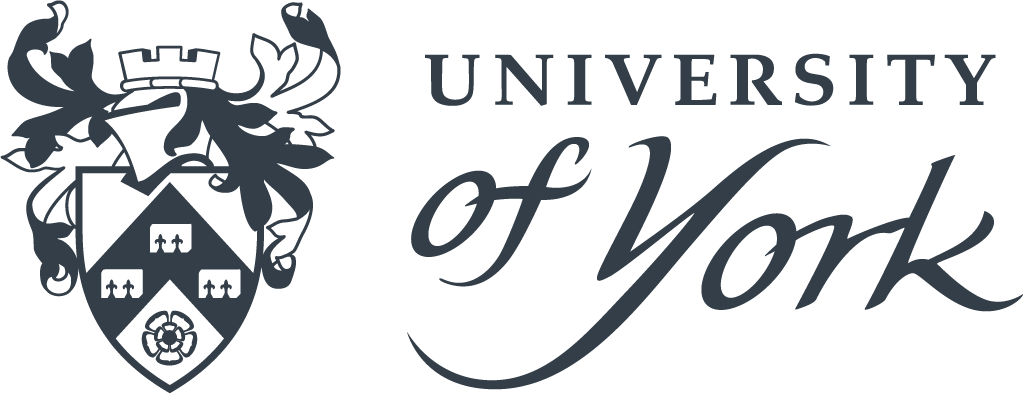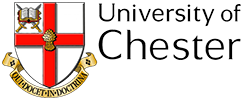Lessons from the Middle Stone Age
This resource consists of a set of activities based around lessons for today that we could draw from the Mesolithic.
- Lesson 1. Change is inevitable
- Lesson 2. The living environment
- Lesson 3. Healthy eating
- Lesson 4. What makes us happy
- Lesson 5. The origins of ourselves
- Lesson 6. Human diversity
- Additional activity: The great debate
A teacher's version of the lessons can be downloaded here.
The great debate can be downloaded here.
A pupils' version of the lessons can be downloaded here.
For each lesson there is:
- a fact file;
- suggested classroom activities;
- the outline of a possible story to write.
Change is inevitable
This looks at the inevitability of climate change and how people have to respond and cope with it. The wider lesson is that the world and human culture never stays the same.
The living environment
Hunter-gatherers saw the environment as a living thing with its own spirits and that people were part of nature, not separate from it. A sustainable life is one that respects the environment and lives with it not against it.
Healthy eating
The Mesolithic diet was very varied, and was based on local, seasonal and fresh foods. It contrasts greatly with our modern diet and offers lessons in how to eat more healthily.
This lesson is supported by a separate information sheet:
What makes us happy
Mesolithic people had far fewer possessions that we do today, but would have had rich social lives centred around their family and clan. This lesson makes us think about what is really important and makes us happy in the modern consumerist world.
The origins of ourselves
The people of the Mesolithic were the founding settlers of today's Britain. This initial stock of people has been added to over the last 6,000 years by repeated waves of immigrants bringing new ways of life and new cultures to enrich our island people and our story.
Human diversity
The Mesolithic way of life was very different to our own and yet was very successful, lasting for more than 5,000 years. To study it shows that other ways of life and culture than ours should be respected. There is more than one way of being human and all should be cherished.
There is one final activity.
The Great Debate
This is an activity based on a debate about whether prehistoric people were noble savages or nasty and brutish. The aim is to get pupils to think about how we value the past and different ways of life.
This is supported by information sheets:






